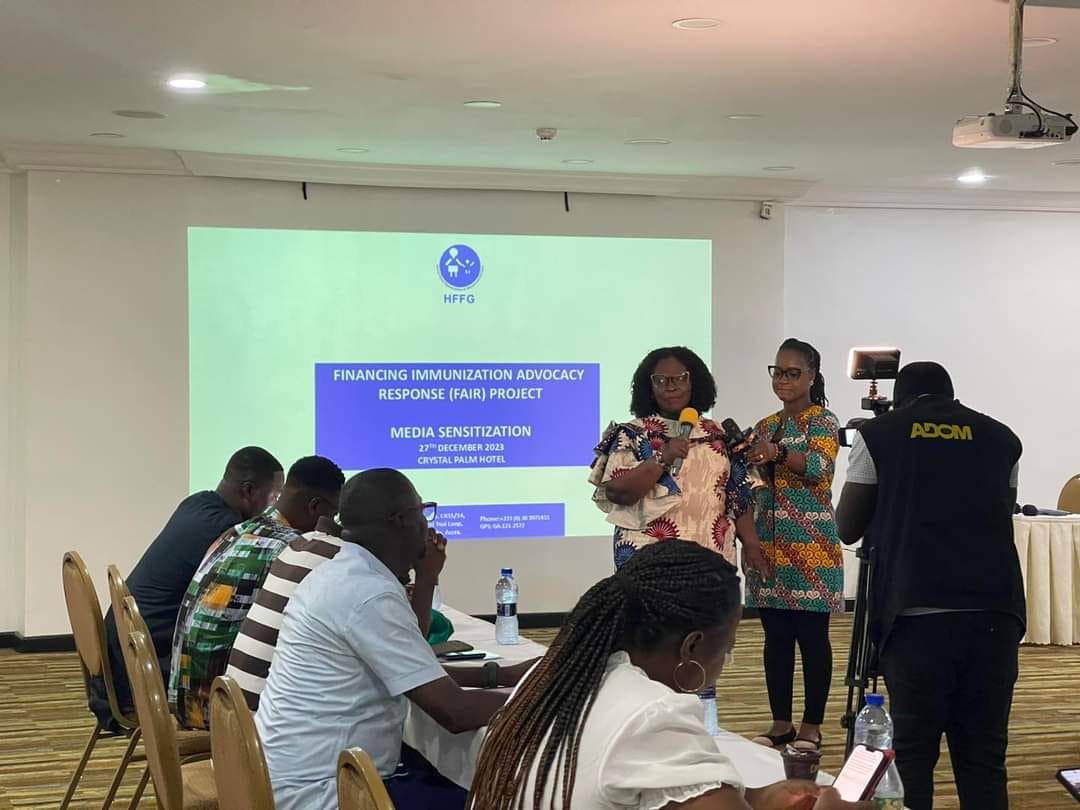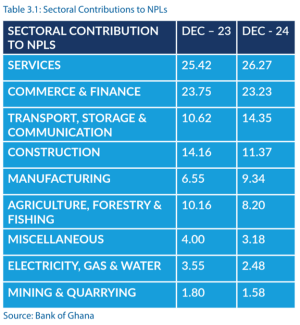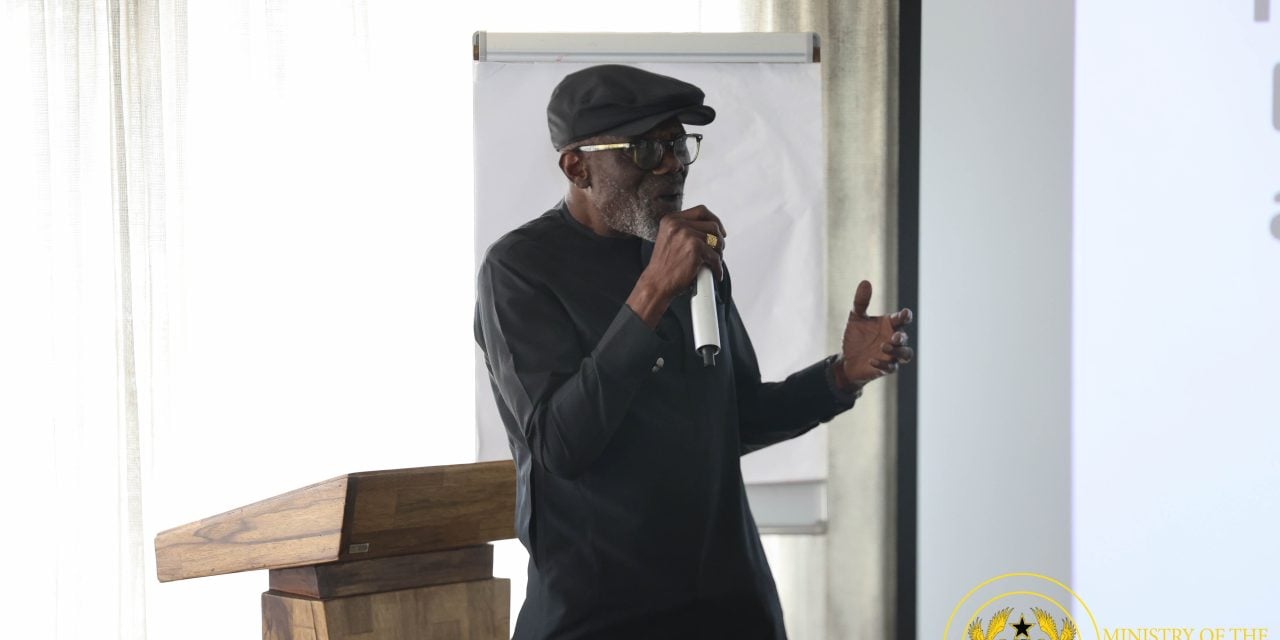
By Degraft OSEI
In an age where social media has become the backbone of global communication, the ethical dilemmas surrounding these platforms are more pressing than ever.
They influence elections, shape public opinion, and serve as arbiters of truth and visibility. Yet, the question remains: who holds these platforms accountable when they fail?
From data privacy breaches to algorithmic biases, the ethical lapses of social media platforms have real-world consequences.
As someone who has worked to design systems rooted in transparency and fairness, I believe the time has come to address these challenges with the urgency they demand.
The Ethical Dilemmas of Social Media
Social media’s influence is profound, but so are its ethical shortcomings. These include:
Misinformation and Fake News
Algorithms designed to maximize engagement often amplify sensational content, regardless of its accuracy. This has led to the spread of misinformation on critical issues, from public health to elections.
Data Privacy Violation
Platforms collect vast amounts of personal data, often without clear consent. Scandals like Cambridge Analytica have shown how this data can be weaponized, undermining trust in digital systems.
Algorithmic Bias
Algorithms often reinforce systemic inequalities, favoring certain demographics or content types while marginalizing others. Creators in emerging markets, for instance, frequently report that their work receives less visibility compared to creators in high-value advertising regions.
Exploitation of Creators
Many platforms operate on opaque revenue-sharing models, leaving creators unsure of how their earnings are calculated. This disproportionately affects creators in underserved regions, where access to resources and advocacy is limited.
Who Holds Platforms Accountable?
Accountability in social media requires a multi-stakeholder approach:
Platforms Themselves
Ethical practices must start within. Platforms must commit to transparency, providing users with greater control over their data and designing algorithms that promote fairness.
Governments and Regulators
Policymakers play a critical role in enforcing accountability. Laws like the EU’s General Data Protection Regulation (GDPR) set important precedents, but global cooperation is needed to address issues like misinformation and monopolistic practices.
Civil Society and Advocacy Groups
Organizations like the Centre for Humane Technology advocate for ethical reforms and raise awareness of the harms caused by current systems. Public pressure can drive platforms to adopt better practices.
Users and Creators?Individuals hold significant power through their choices. By supporting ethical platforms and holding brands accountable, users can demand higher standards.
Technology as Part of the Solution
Technology itself can help address these challenges. Blockchain, for instance, can enhance transparency in content ownership and revenue distribution. Artificial intelligence can be used to identify and mitigate algorithmic biases, ensuring fairer outcomes for all users.
Luupli, a London-based social media platform for example, leverages technology to ensure creators retain control over their work. By offering tools for licensing and real-time tracking of content usage, the platform sets a new standard for transparency in the creator economy.
The Consequences of Inaction
The cost of failing to address these ethical issues is steep. Misinformation can destabilize democracies, data breaches erode trust, and algorithmic biases perpetuate inequalities. For creators, the lack of accountability limits their ability to thrive, particularly in regions where opportunities are already scarce.
Consider the impact on African creators. Despite producing culturally rich and globally resonant content, they often struggle to gain visibility and fair compensation. This isn’t just a loss for the creators—it’s a loss for global audiences who miss out on diverse perspectives.
What Needs to Change?
To create a more ethical digital ecosystem, platforms must take bold steps:
Implement Transparent Policies?Platforms should clearly communicate how their algorithms work and how content is monetized. Transparency builds trust and empowers users to make informed decisions.
Promote Algorithmic Fairness?Algorithms must be designed to prioritize diversity and equity, ensuring that creators from all regions have an equal chance of success.
Support Localized Solutions?Platforms should invest in tools and programs that address the unique challenges faced by creators in underserved markets, from monetization options to digital literacy training.
A Call to Action
The question is not whether platforms can be held accountable—it’s whether we have the will to hold them accountable. This requires collective action from all stakeholders.
- Platforms must lead with integrity, prioritizing ethical design and transparency.
- Governments must enforce policies that protect users and creators.
- Users must demand better by supporting ethical platforms and holding companies accountable.
As someone who has worked to create equitable systems, I believe in the power of collaboration to drive change. The stakes are high, but the rewards are immense—a digital world that uplifts rather than exploits, that connects rather than divides.
Let’s ensure that social media reflects the best of humanity. The tools for accountability are within our reach—it’s time to use them.
Degraft Osei is the co-founder and chairman of Luupli, a revolutionary social media platform that empowers genuine self-expression and promotes authentic human connections. He has extensive experience in the hospitality, tourism, and technology sectors in the United Kingdom. He can be reached via [email protected]
The post Social media ethics: Who holds platforms accountable? appeared first on The Business & Financial Times.
Read Full Story




















Facebook
Twitter
Pinterest
Instagram
Google+
YouTube
LinkedIn
RSS